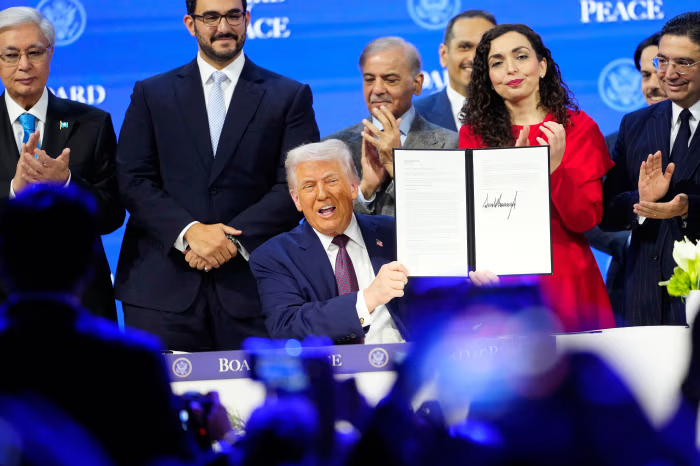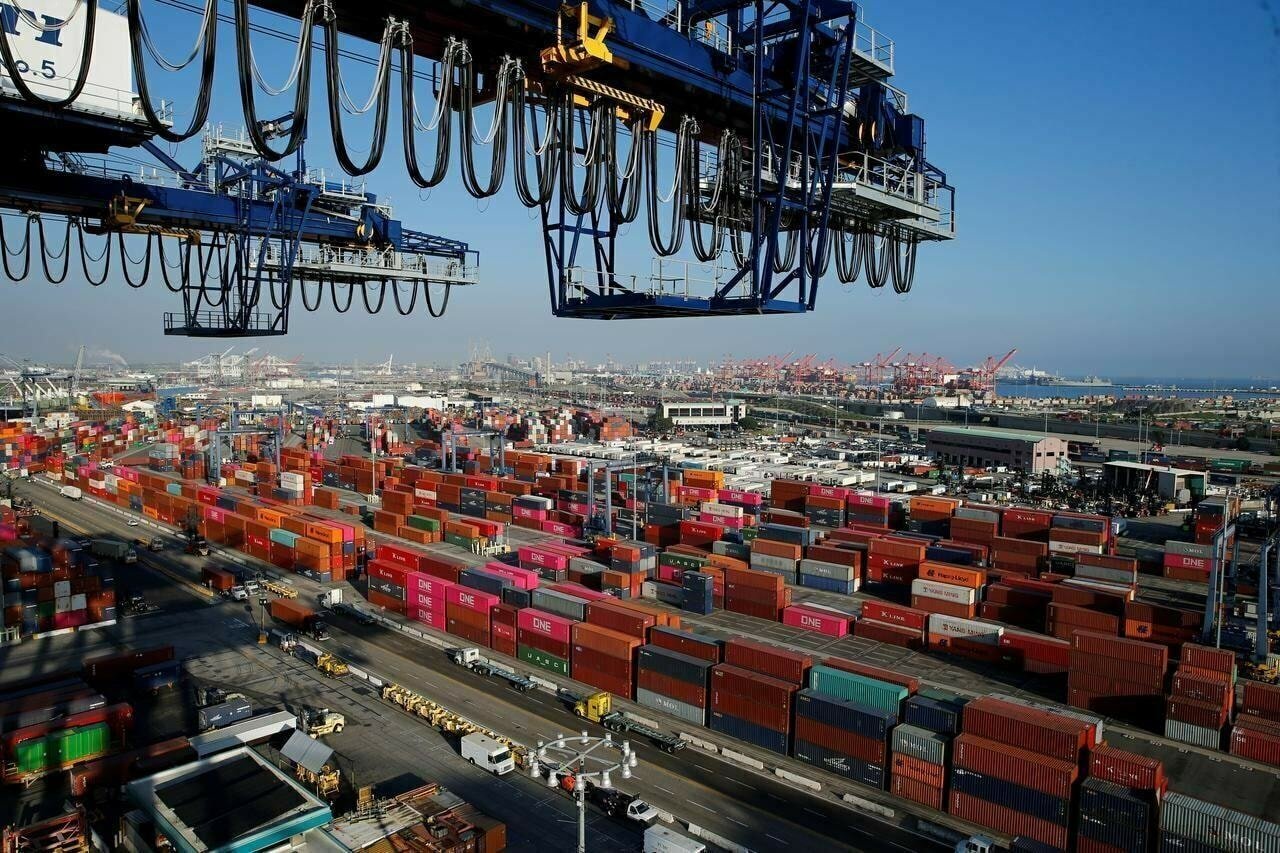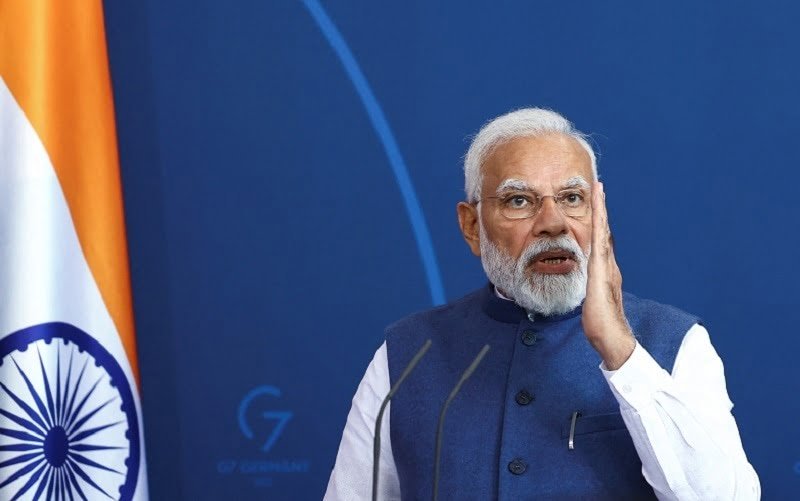Faisal Nazeer Ahmed
Energy security is a crucial concept for any country, including Pakistan. It refers to a nation’s ability to meet its energy needs reliably and affordably while ensuring the supply of energy is not impacted by external factors. For a country like Pakistan, energy security is of paramount importance due to its heavy dependence on energy imports. Pakistan relies on imports for almost a third of its energy resources, including oil, coal, and Liquefied Natural Gas (LNG).
The significance of energy security for Pakistan stems from several reasons. Firstly, the import-driven energy policy puts a strain on Pakistan’s foreign exchange reserves. The country’s heavy reliance on energy imports means a significant portion of its financial resources is directed towards purchasing energy from other countries. This reduces the availability of foreign exchange reserves for other essential sectors and investments.
Secondly, Pakistan’s vulnerability to international energy price fluctuations poses a substantial risk to the country’s economic stability. Fluctuations in global energy prices can lead to inflationary pressures, impacting the overall economy and the cost of living for citizens. This not only affects domestic consumers but also diminishes the competitiveness of Pakistan’s exports in the international market.
Furthermore, the import-heavy energy policy creates a long-term challenge for Pakistan’s energy security. It limits the nation’s capacity to finance its energy imports independently, making the country reliant on external sources for its energy needs. This dependency can have far-reaching implications for the country’s sovereignty and economic stability.
In light of these challenges, it is essential for Pakistan to address its energy security concerns comprehensively. Diversifying the energy mix and reducing reliance on imports by embracing renewable energy alternatives and promoting energy conservation are crucial steps. Rapid adoption of green energy solutions, such as distributed solar power and smart metering, along with enhanced conservation efforts like the development and implementation of building insulation standards, holds promise in mitigating the challenges posed by energy insecurity.
Therefore, ensuring energy security is essential for Pakistan’s sustainable development and economic stability. By addressing its energy security challenges through diversification, conservation, and investment in renewable energy alternatives, Pakistan can progress towards a more secure and sustainable energy landscape.
Pakistan, as a country, heavily relies on energy imports, with nearly a third of its energy resources coming in the form of oil, coal, and Liquefied Natural Gas (LNG). This import-driven energy policy poses significant challenges for Pakistan’s long-term energy security. Not only does it strain the country’s foreign exchange reserves, but it also makes the economy vulnerable to international energy price fluctuations, leading to inflationary pressures that can negatively impact the overall economic stability.
The implications of this import-heavy energy policy are manifold. The drain on foreign exchange reserves hampers the country’s ability to invest in other crucial sectors, while exposure to international energy price shocks can create ripple effects throughout the economy. These effects include increased production costs for businesses, higher transportation costs, and a rise in the cost of living for citizens, all of which contribute to inflation and diminish the competitiveness of Pakistan’s exports. Consequently, this poses a substantial constraint on the economy’s capacity to finance its energy imports, ultimately undermining its energy security.
To gain a comprehensive understanding of Pakistan’s energy security, an analysis was conducted using the 4-A framework over a six-year period from 2011 to 2017. The 4-A framework, a robust and reliable tool, involves measuring and visually representing changes in energy security across four dimensions: availability, applicability, acceptability, and affordability. The findings of this analysis revealed a pattern where Pakistan’s energy security initially experienced improvement in the first three years, only to deteriorate over the subsequent three years. Despite considerable investments in energy infrastructure during this period, the nation’s energy security continues to be a pressing concern.
In light of these observations, it is imperative to consider alternative energy solutions to mitigate Pakistan’s energy insecurity. The potential of rapid adoption of green energy solutions, such as distributed solar power and smart metering, coupled with enhanced conservation efforts like the development and implementation of building insulation standards, could potentially alleviate the challenges posed by energy insecurity. By diversifying its energy mix and reducing reliance on imports, Pakistan can chart a more sustainable and secure energy trajectory for its future.
In conclusion, the analysis underscores the urgent need for Pakistan to address its energy security challenges. By embracing renewable energy alternatives and promoting energy conservation, the country can work towards reducing its reliance on energy imports and fostering a more secure and sustainable energy landscape.















